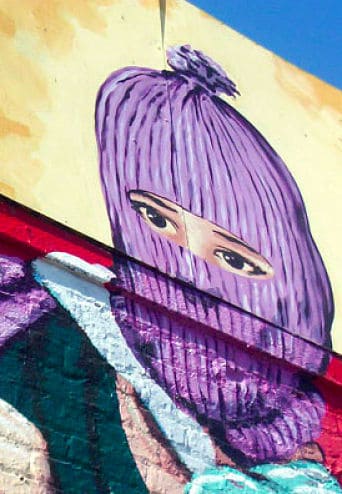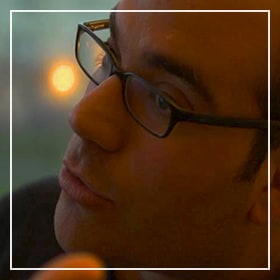In late May 2016 riot police buses were rolled onto the Greek highways from Athens to the village of Idomeni, where is located the spontaneous self-organized refugee camp on the Greek-Macedonian borders. The operation lasts until mid-June for the satellite camps, e.g. the EKO petrol station camp.
Today the evacuation of the camp began, the activists who were carrying out most of the welfare work at the camp were prevented from being present.
The situation in Idomeni has been tense over the last weeks as rumors about the current operation spread. Protests and clashes became a daily phenomenon as the Greek police’s approach to the camp altered from one of tolerance towards refugees and the politicised independent volunteers to aggression. This shift came after the Greek minister for Migration, Yiannis Mouzalas, announced, a couple of months ago, the government’s intention for a “peaceful evacuation of Idomeni camp” and the transfer of refugees to reception centers created in former barracks and other state-run facilities around the country.
The refugees in Idomeni seem to be well aware of the politics behind this policy. If they are removed from the borders the refugee crisis stops being a European problem and becomes a domestic Greek issue. As such, in desperation their collective protests have increased in both frequency and intensity.

Meanwhile the Greek authorities appear to have intentionally criminalized the solidarity of independent volunteers. First the authorities requested every volunteer to register and be certified in order to operate in the area, something that many independent volunteers refused to do. These ‘uncertified’ volunteers, have been carrying much of the burden of the humanitarian crisis since the summer of 2015 and justifiably had second thoughts about the policy. Immediately afterwards their harassment by the police forces began, sometimes with the tacit silence of the larger and certified organizations operating in the area. This harassment included both stop and search operations and hours-long detentions and arrests in the local police stations for “carrying walkie-talkies”.
Blame the Anarchists
Simultaneously some well-known mechanisms from the recent past seem to have been remobilised as some of the ‘corrupted TV channels’ (as they were all too recently referred to by SYRIZA’s spokesmen) have changed their discourse to serve the governmental plans. Alpha, one of the largest Greek TV channels reported: “Suspicious games in the camps. The situation is explosive on the refugees front, with the slightest provocation chaos prevails. This atmosphere is stirred up by groups and organizations, which on the pretext of help, motivate refugees and migrants in tensions, telling them that in this way they will open the borders”.
Blaming this mysterious external factor (activists and volunteers) serves many purposes. First of all it reminds the refugees that they have no right to their own political agency. More widely it reminds them that they are non-citizens with very limited rights including the democratic right to protest. Moreover instead of focusing on the obvious ineffectiveness of the EU-Turkey agreement and the ill-functioning asylum relocation programme, which leads these people revolt, blame is put on volunteers with the implication being that arresting and kicking out the Anarchist volunteers will resolve the problem as refugees themselves are happy with this treatment.
We witnessed a very similar tactic over the last few months when the refugees’ entire human agency was called into question.
Smugglers (even the choice of words portrays people as contraband commodities) and traffickers were the sole target of EU policies. As if tackling smuggling networks would stop the wars in Syria and Afghanistan or the refugee flows.
Of course such an approach treats smugglers as the cause of migration and not as the expensive mediators in the absence of safe corridors of passage.
Thus altogether refusing the rights to self-determine their activities is yet another example of the EU washing its hands clean of any responsibility. According to EU governments the refugees are merely victims of provocateurs, smugglers, ISIS, the civil war etc.’ They are never the victims of the EU and its border policy, or the victims of the decisions of European and global governments to declare wars.
Featured image (cropped) by John Perivolaris (flickr, CC BY-NC-ND 2.0)






